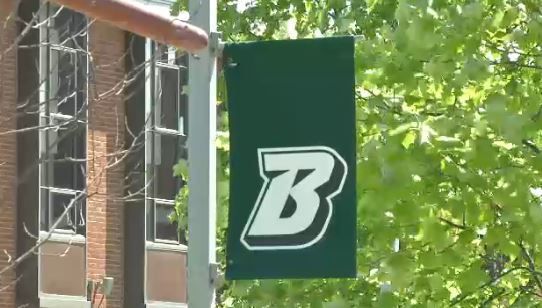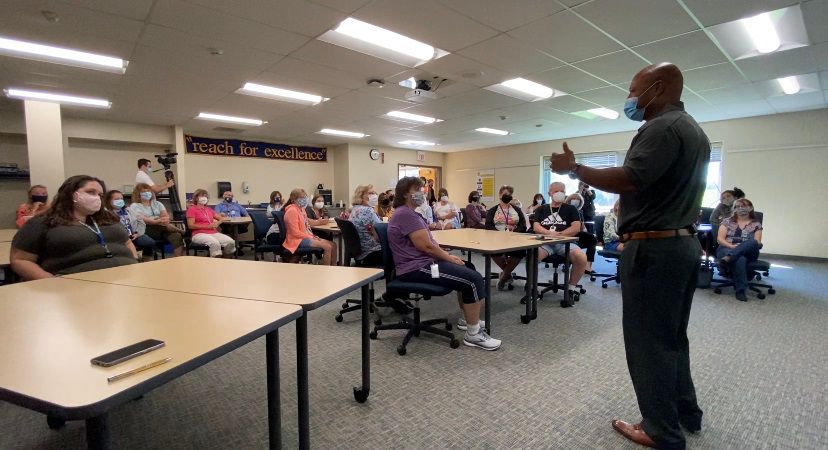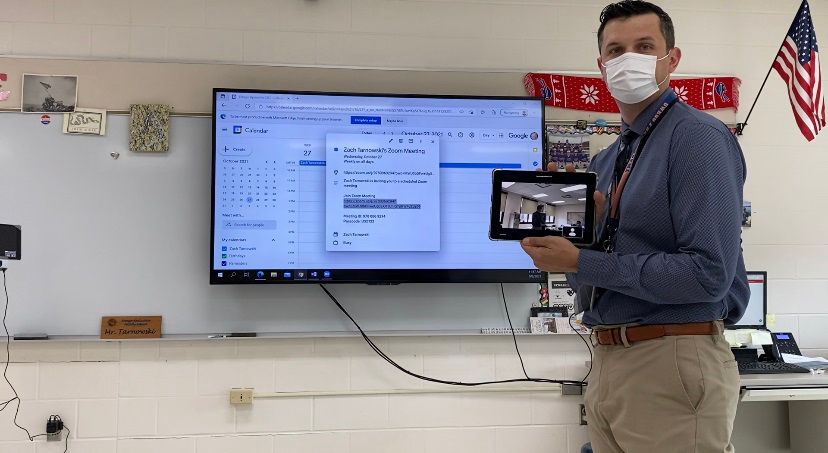Pauline Macapinlac is just one of many students on the front lines of major research at Binghamton University.
The biomedical engineering senior is working with a group of students on a medical device alternative. And it’s not what you’d expect.
It all starts with a CD, and these students could reshaping the way we measure everything from glucose and oxygen levels to the heart. By extracting the gold metallic later from a CD, most of the work is already done.
“I’m very passionate about sustainability, so when Dr. Koh told us about this project I was very excited to take over,” said Pauline Macapinlac, BU Biomedical Engineering senior.
Once the gold layer is off, the piece is loaded into a micro cutting machine, and following a couple clicks of a mouse, the work is underway. In less than two minutes, a biosensor is cut, and ready to be used, and it only cost a few dollars to make.
“Anyone who does not have an engineering background can actually fabricate a disc and then use this bio potential measurement for their own research or own of a science,” said Ahyeon Koh, Biomedical engineering Assistant professor.
The thin gold layer is nearly identical to what doctors use in an EKG machine or other heart measuring devices. And with the estimated 9 billion CDs that are out in the world, it’s a perfect way to recycle.
“We are always talking about E-waste and how detrimental it is to the environment so it’s really cool to see how we are just being able to curb that and make a difference,” said Macapinlac.
And it’s a project just about anyone can do.
“It can be introduced into bio electronics from the high school levels in projects to more advanced projects that can be used with psychologists or sports medicine people who want to use these biomedical measurements in a wearable format,” said Koh.
BU is currently looking into what types of CDs work best.









